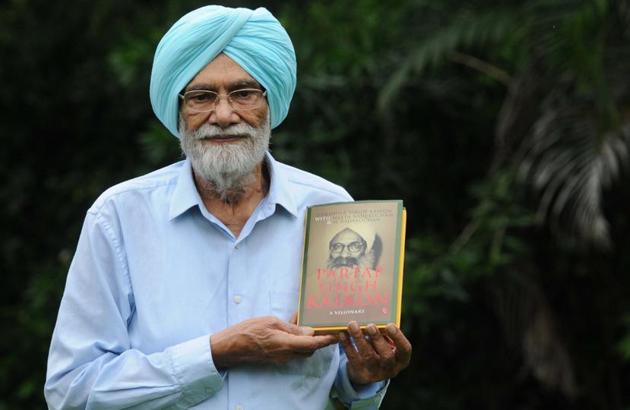

Till 2007, plots for riverine crushing were awarded through auctions.

A crushing unit, the businessman points out, costs no more than Rs1.5 crore. Apart from this, crushers also operate in districts that have rocky outcrops and hills, such as Ropar.Ĭrushing too is a fragmented industry, thanks to the low entry costs. When it recedes, it leaves behind boulders on the fields of farmers.” This annual phenomenon created a crushing industry in two districts near the Himalayas-Pathankot and Gurdaspur. When it rains, says the owner of a crushing plant near Pathankot, “The Ravi swells as wide as 3 km. Rivers such as the Ravi are a major source of stone. Punjab’s quarrying industry is concentrated in a few districts. But, according to the former wholesaler, the new entrant called the shots: he would sell most of the stipulated quota and the holder of the renewed licence could sell the rest. This split averted complaints of monopolisation. Of the two wholesalers, one was usually an old player, the other a new entrant allegedly known to the Akalis. “Stores were put under pressure by slashing trade discounts and insisting on immediate payments.” “Distilleries were told to offer higher trade discounts and longer payment periods,” he said. As the number of wholesalers fell, the remaining wholesalers’ ability to put pressure on distilleries and retailers increased. This time, says the former wholesaler, the government brought down the number of wholesale licences to just two for every district. In 2007, the Akalis came to power and, a year later, began to consolidate the liquor business again.

The liquor business reverted to the circle model with multiple wholesalers in every district. In 2006, with state elections around the corner, says Verka, the government ended Chadha’s contract. The industry had the distilleries on top, a bunch of wholesalers in the middle, and hundreds of small businessmen running liquor shops-or thekas-at the base. Till 2002, liquor distribution in Punjab was in the hands of myriad entities. Most of these new, big players are alleged to have links to the Akali Dal. This consolidation has happened in a bewilderingly diverse set of industries, including stone crushing, sand mining, cable distribution, liquor distribution and bus transport. Over the past decade, Punjab has seen a handful of players come to dominate the state’s industrial sector, earlier fragmented into hundreds of small companies. Among the reasons cited by businessmen for the exodus were the bribes they claim they are compelled to pay to ruling Akali Dal politicians.īut rent-seeking is not the only way Akali Dal leaders are strangling industry in the state. “Industry is fleeing Punjab”-an investigation by us found a growing number of companies have shut down or are planning to set up newer units outside the state.


 0 kommentar(er)
0 kommentar(er)
